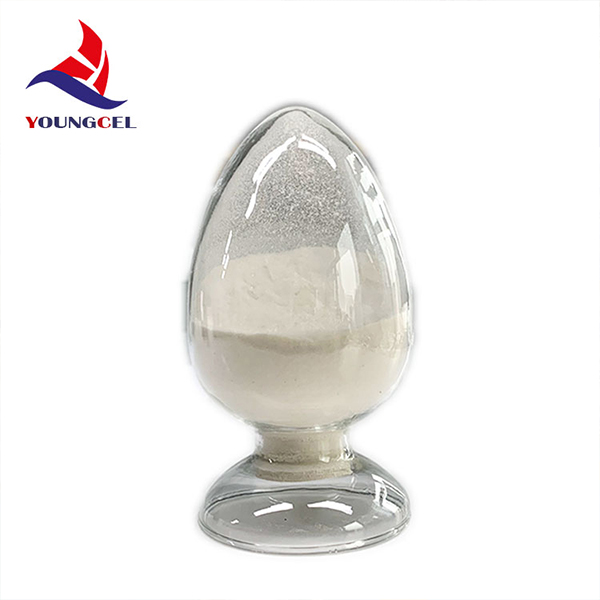Understanding Hydroxyethyl Cellulose Properties, Applications, and Benefits
Hydroxyethyl cellulose (HEC) is a non-ionic cellulose ether that has garnered attention across various industries due to its unique properties and versatile applications. Derived from cellulose, HEC is synthesized by the reaction of cellulose with ethylene oxide, resulting in a compound that is water-soluble and offers a range of functional benefits.
Chemical Structure and Properties
HEC is characterized by its chemical structure, which features hydroxyethyl groups (-CH2-CHOH-) attached to the cellulose backbone. This modification enhances the solubility of cellulose in cold water, making it a valuable ingredient in formulations where a thickening or stabilizing agent is required. The degree of substitution, which indicates the number of hydroxyethyl groups within the cellulose structure, can affect the properties of HEC, including its solubility, viscosity, and gel-forming ability.
One of the key attributes of HEC is its pseudoplastic behavior, meaning that it decreases in viscosity when subjected to shear stress. This property is particularly advantageous in industries such as personal care and pharmaceuticals, where products need to be easily spreadable yet thick enough to maintain stability.
Industrial Applications
1. Pharmaceuticals In the pharmaceutical industry, HEC is often used as a thickening agent and stabilizer in oral suspensions, gels, and creams. Its ability to modify the viscosity of liquid formulations ensures that active ingredients remain uniformly distributed, enhancing the efficacy of medications.
2. Cosmetics and Personal Care HEC is widely employed in cosmetic formulations, including lotions, shampoos, and conditioners. It serves as a thickener and film-forming agent, contributing to product viscosity and providing a smooth application. Additionally, HEC's ability to retain moisture makes it a sought-after ingredient in skin care products designed to hydrate and protect the skin.
hydroxyethyl cellulose

3. Food Industry In the food industry, HEC is utilized as a food additive. It functions as a thickener and stabilizer in various products, including sauces, dressings, and baked goods. The use of HEC can improve the texture and consistency of food items, enhancing consumer appeal.
4. Construction HEC plays a significant role in construction materials, particularly in the formulation of cement and gypsum products. Its water retention properties help maintain the workability of mortar and plaster, ensuring better adhesion and performance during the curing process.
Benefits of Hydroxyethyl Cellulose
The use of hydroxyethyl cellulose offers numerous advantages. Firstly, it is environmentally friendly, being derived from natural cellulose sources. Additionally, HEC is biodegradable, making it a desirable option in an age where sustainability is paramount.
Another significant benefit is its compatibility with a wide range of other ingredients. HEC can be easily incorporated into various formulations without compromising their stability, which is crucial in product development across different industries.
Moreover, as a non-ionic compound, HEC is less likely to interact adversely with other ingredients, resulting in minimal risk of irritation—an essential consideration in formulations intended for sensitive skin or in pharmaceutical applications.
Conclusion
Hydroxyethyl cellulose is a remarkable compound with diverse applications spanning multiple industries, including pharmaceuticals, cosmetics, food, and construction. Its unique properties, such as excellent water solubility, viscosity modification, and compatibility with various ingredients, make HEC an invaluable asset in product formulations. As industries continue to pursue sustainable and effective solutions, the significance of hydroxyethyl cellulose is poised to grow, reinforcing its position as a key player in modern applications.
-
The Application and Significance of Construction RdpNewsMay.19,2025
-
Industrial Grade HpmcNewsMay.19,2025
-
Building Coating Adhesive Building Coating Adhesive HpmcNewsMay.19,2025
-
Application Of Hpmc For Detergent For Detergent In DetergentsNewsMay.19,2025
-
Application Of Hpmc Cellulose In Cement-Based MaterialsNewsMay.19,2025
-
Application Of High Quality Hpmc For Construction In The Field Of ConstructionNewsMay.19,2025




